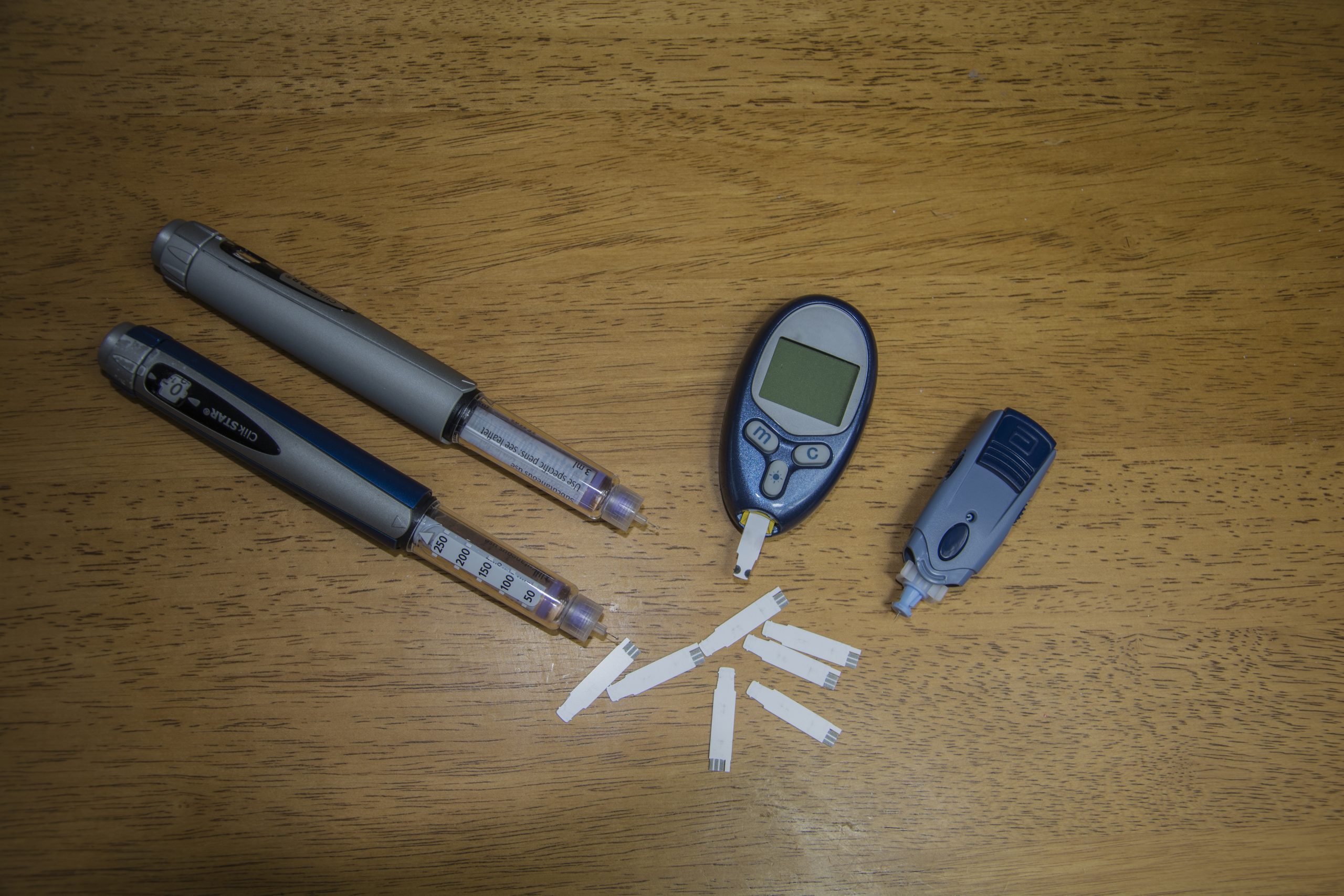Maintaining good oral health goes beyond just having a bright smile and fresh breath—it is closely linked to overall well-being, including blood sugar control. Research suggests that there is a bidirectional relationship between oral health and blood sugar regulation, particularly for individuals with diabetes. Understanding the connection between oral health and blood sugar control is crucial for managing diabetes effectively and promoting optimal oral health. In this article, we will explore the connection between oral health and blood sugar control and highlight the importance of nurturing a healthy smile for balanced glucose levels.
- Periodontal Disease and Insulin Resistance: Periodontal disease, characterized by inflammation and infection of the gums and tissues surrounding the teeth, has been associated with insulin resistance. Insulin resistance is a condition in which the body’s cells become less responsive to insulin, leading to impaired blood sugar control. The inflammation caused by periodontal disease can contribute to systemic inflammation, affecting insulin sensitivity and glucose regulation.
- Glycemic Control: Maintaining stable blood sugar levels is crucial for individuals with diabetes. Poor glycemic control can increase the risk of complications associated with diabetes. Studies suggest that individuals with periodontal disease may have more difficulty achieving optimal blood sugar control. Treating and managing periodontal disease can contribute to better glycemic control and reduce the risk of diabetes-related complications.
- Inflammatory Response: Both diabetes and periodontal disease involve chronic inflammation. Inflammation in the body can contribute to insulin resistance and impaired glucose metabolism. The oral bacteria associated with periodontal disease can enter the bloodstream and trigger an immune response, leading to systemic inflammation. By managing oral health and reducing oral inflammation, individuals may help alleviate the overall inflammatory burden on the body and promote better blood sugar control.
- Two-Way Relationship: The relationship between oral health and blood sugar control is bidirectional. Diabetes can increase the risk of developing periodontal disease, and periodontal disease can make it more challenging to manage blood sugar levels. Addressing both aspects is essential for overall health. Individuals with diabetes should prioritize regular dental check-ups and proper oral hygiene practices to reduce the risk of periodontal disease and its potential impact on blood sugar control.
- Preventing Infection and Complications: Individuals with diabetes are more susceptible to infections, including oral infections. Poorly controlled blood sugar levels can weaken the immune system, making it harder to fight off infections. Maintaining good oral health helps prevent oral infections, reducing the risk of complications and supporting overall health. Proper brushing, flossing, and regular dental cleanings are essential for preventing oral infections and promoting oral health.
- Medication Side Effects: Some medications used to manage diabetes may have side effects that impact oral health. For example, certain medications can cause dry mouth, a condition that reduces saliva production. Saliva plays a crucial role in oral health by rinsing away food particles, neutralizing acids, and inhibiting the growth of oral bacteria. Dry mouth increases the risk of tooth decay, gum disease, and oral infections. Consulting with healthcare providers and dentists can help individuals manage medication side effects and maintain oral health.
- Collaborative Approach to Care: Managing both diabetes and oral health requires a collaborative approach involving healthcare providers and dentists. Open communication and coordination between the two can lead to a more comprehensive understanding of a patient’s health and support effective management of blood sugar control and oral health. Regular dental check-ups should be an integral part of diabetes management to address oral health concerns proactively.
- Lifestyle Factors: Lifestyle choices play a significant role in both blood sugar control and oral health. A balanced diet, regular exercise, and stress management are essential for maintaining stable blood sugar levels and promoting oral health












